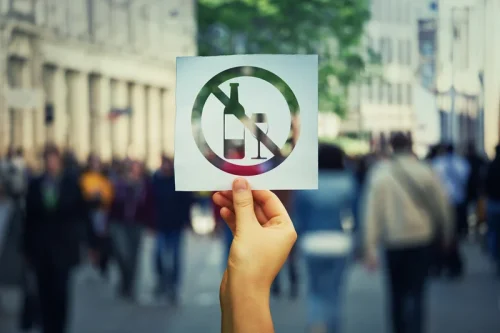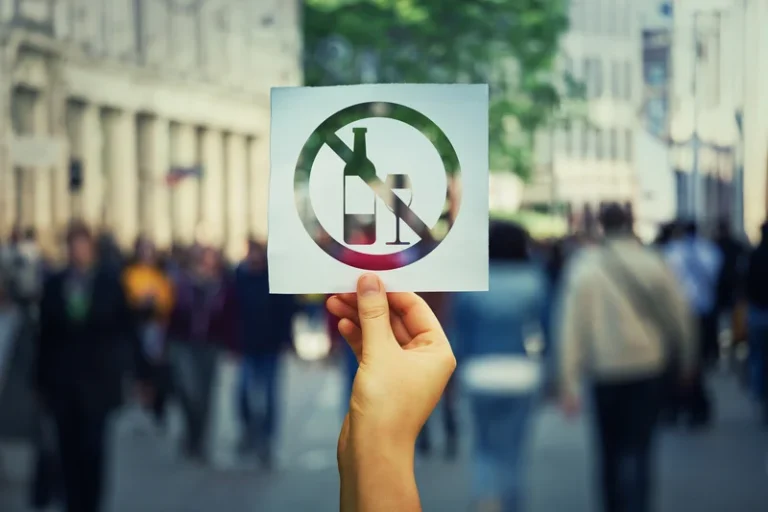Alcoholic Seizure: Symptoms, Causes, and Treatment
Trauma Symptoms of Adult Children of Alcoholics
April 13, 2021Testes de Unidade no Desenvolvimento: Um Guia Completo
July 7, 2021
We have a full range of treatment options, including medical detox, inpatient care, partial hospitalization programming, and intensive outpatient services. During check-ups, doctors can monitor for signs of chronic conditions that may increase seizure risk, such as hypertension or diabetes. They can also review and adjust any medications that could adversely interact with alcohol, thereby reducing seizure likelihood. Individuals experiencing alcohol seizures need a comprehensive treatment plan that includes medication, therapy, and lifestyle changes to prevent future episodes. Support for AUD is a vital component, addressing the underlying cause of seizures.
- Not everyone who experiences a seizure has epilepsy, which is typically diagnosed after two or more seizures.
- This article looks at the connection between alcohol, seizures, and epilepsy, as well as treatment options and support.
- Propofol is a sedative-hypnotic that acts as a GABA-A receptor agonist and NMDA receptor antagonist.
- Seizures, and a severe condition called delirium tremens, are possible complications of alcohol withdrawal.
- Ethanol, the active ingredient in alcoholic beverages, acts as a CNS depressant.
- If someone has a seizure from alcohol withdrawal symptoms, you should move things out of the way that they could accidentally hurt themselves with during the seizure.
Epilepsy and Alcohol: Triggers and Safe Drinking

Awareness or consciousness return slowly after the alcohol withdrawal seizure ends. The person may appear confused, sleepy, irritable, embarrassed, or frightened afterwards. We will also talk about why it’s important to recognize them and get prompt treatment. Heavy alcohol consumption is a common trigger for seizures in those who already have epilepsy. Reducing or abstaining from alcohol is essential, as even moderate intake can increase seizure risk, particularly during withdrawal periods. For long-term management, medications such as acamprosate and naltrexone have proven effective in treating AUD and can help reduce or eliminate alcohol use.
- Symptom-triggered dosing refers to the treatment of AWS by monitoring for withdrawal symptoms at specific time intervals and providing intermittent doses of a benzodiazepine to treat those remaining symptoms after their intensity is determined.
- Your CNS is on the other side of the rope pulling back by increasing its own activity to keep things running.
- As a result, during withdrawal from alcohol, usually 6-48 hours after the cessation of drinking, seizures may occur.
- Alcohol and other central nervous system depressants keep that channel open, causing more intense sedating effects.
- These changes can promote seizure activity in people with and without epilepsy during periods of alcohol withdrawal.
Psychiatric Aspects of Critical Care Medicine
Someone with an alcohol withdrawal seizure may experience convulsions and lose consciousness. Those with epilepsy who have alcohol dependence and stop drinking suddenly have an additional risk of withdrawal-induced seizures. Previous seizure activity while in alcohol withdrawal indicates that, if the person relapses, they will then experience more severe withdrawal symptoms when they quit drinking again. Pregabalin, an anticonvulsant that has been approved in Europe for treatment of generalized anxiety disorder, has also been studied for relapse prevention/harm reduction in AUDs.
- Pregabalin, an anticonvulsant that has been approved in Europe for treatment of generalized anxiety disorder, has also been studied for relapse prevention/harm reduction in AUDs.
- Withdrawal seizures can begin within just a few hours after stopping drinking, or they can take up to 72 hours to start.
The Role of Therapy and Counseling

Some have genetic conditions that mean it’s very easy for them to experience intoxication from alcohol. Others may be more susceptible to intoxication and DTs because of medications they take, health conditions and other factors. We have an experienced team of healthcare providers who can manage alcohol-related seizures during the withdrawal phase and keep you safe and comfortable. Call us today to find out more about our alcohol detoxification programs.
To prevent alcohol withdrawal seizures, only drink alcohol in moderation or avoid drinking it altogether. When people binge drink (consume a large amount of alcohol in a short period of time), the subsequent alcohol withdrawal can trigger seizures. For people with epilepsy, alcohol may interfere with anti-seizure medications and increase the risk of seizures.


One of https://ecosoberhouse.com/ the priorities in treating this condition is to lower nervous system activity. A healthcare provider will treat this using drugs that reduce how active your CNS is. If you suddenly stop drinking, it’s like the alcohol side letting go of the rope.
Additionally, alcohol and antiepileptic drugs cause many of the same side effects, and the combination can make these withdrawal seizures symptoms side effects worse. In fact, studies have found that in 40-50% of adults who present to emergency departments or are admitted to hospital with new-onset seizures, the seizures are related to alcohol abuse. Unprovoked seizures that occur more than 48 hours after a person’s last drink may be due to another cause, such as head injury or withdrawal from other drugs. Therapeutic approaches provide strategies to cope with cravings, develop healthier habits, and tackle underlying issues contributing to heavy alcohol use.

What can trigger a seizure?
Techniques such as mindfulness, yoga, and regular exercise can reduce the likelihood of seizures by promoting relaxation and reducing stress’s impact on the nervous system. This imbalance leads to CNS hyperexcitation once alcohol is no longer present, resulting in seizures. Benzodiazepine can be combined with haloperidol, beta-blockers, clonidine, and phenytoin to treat withdrawal complications.15 Benzodiazepines carry an FDA warning because of their addictive properties. You should discuss this risk with your doctor and follow instructions carefully.
